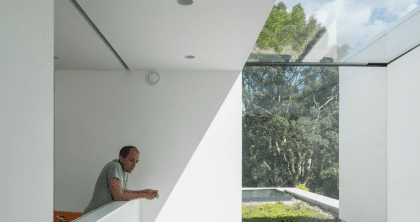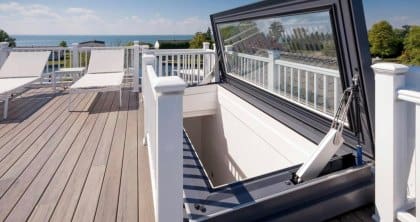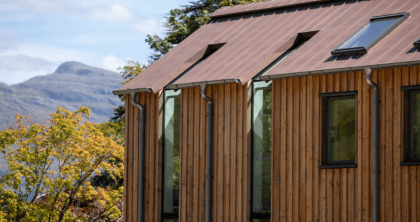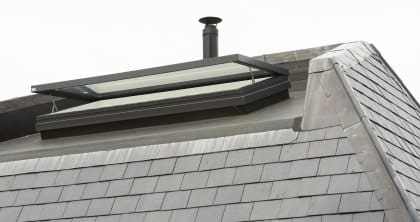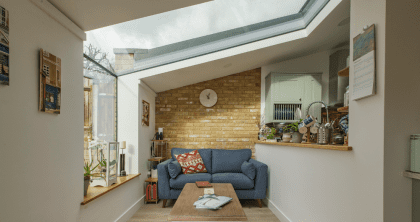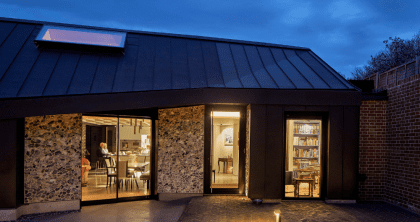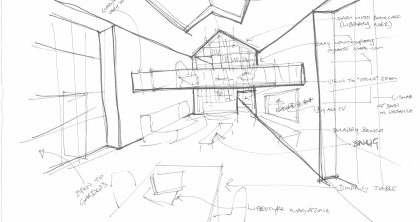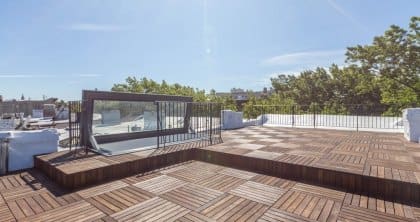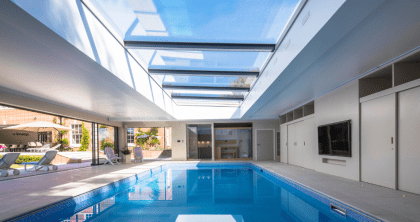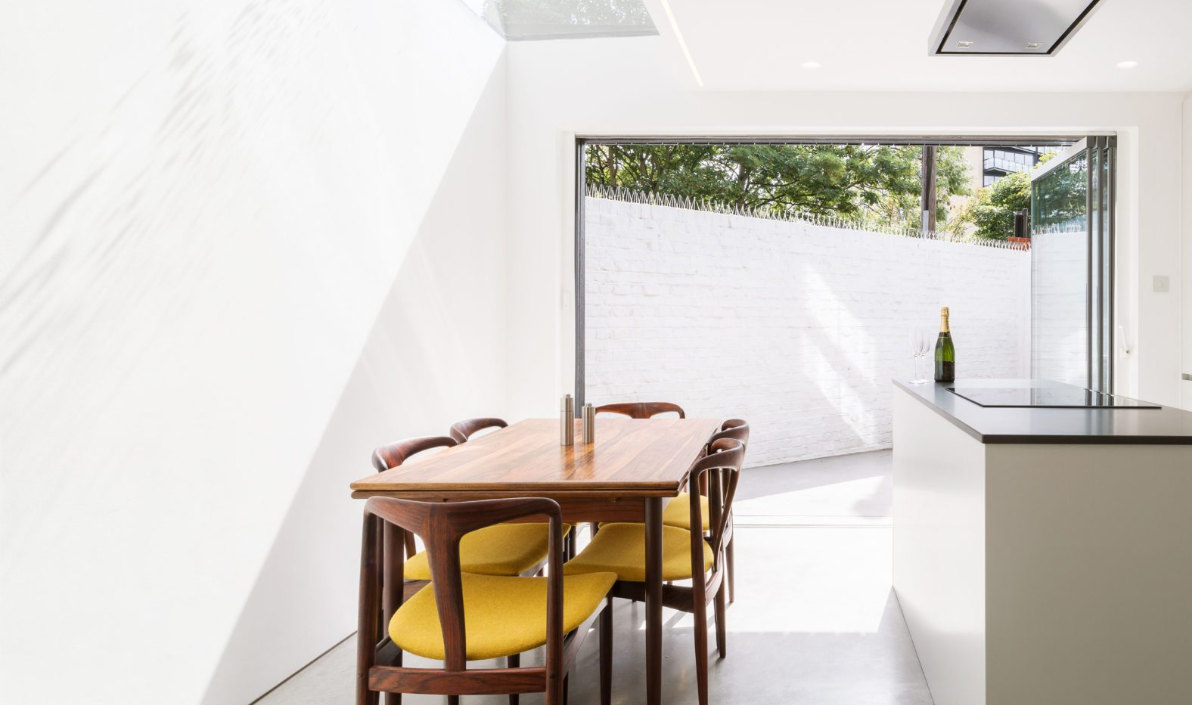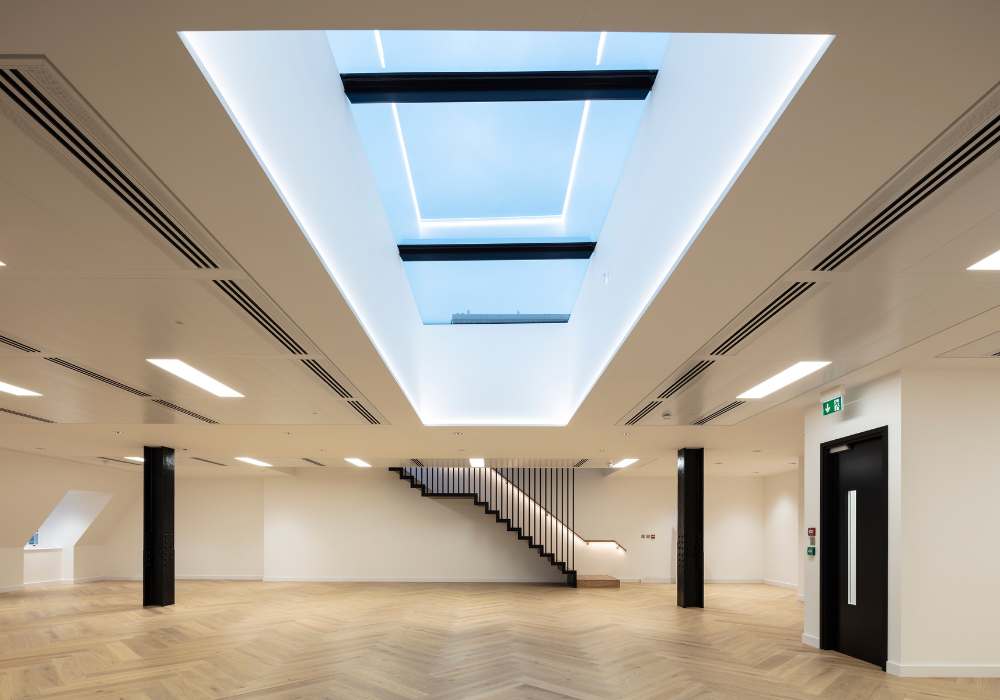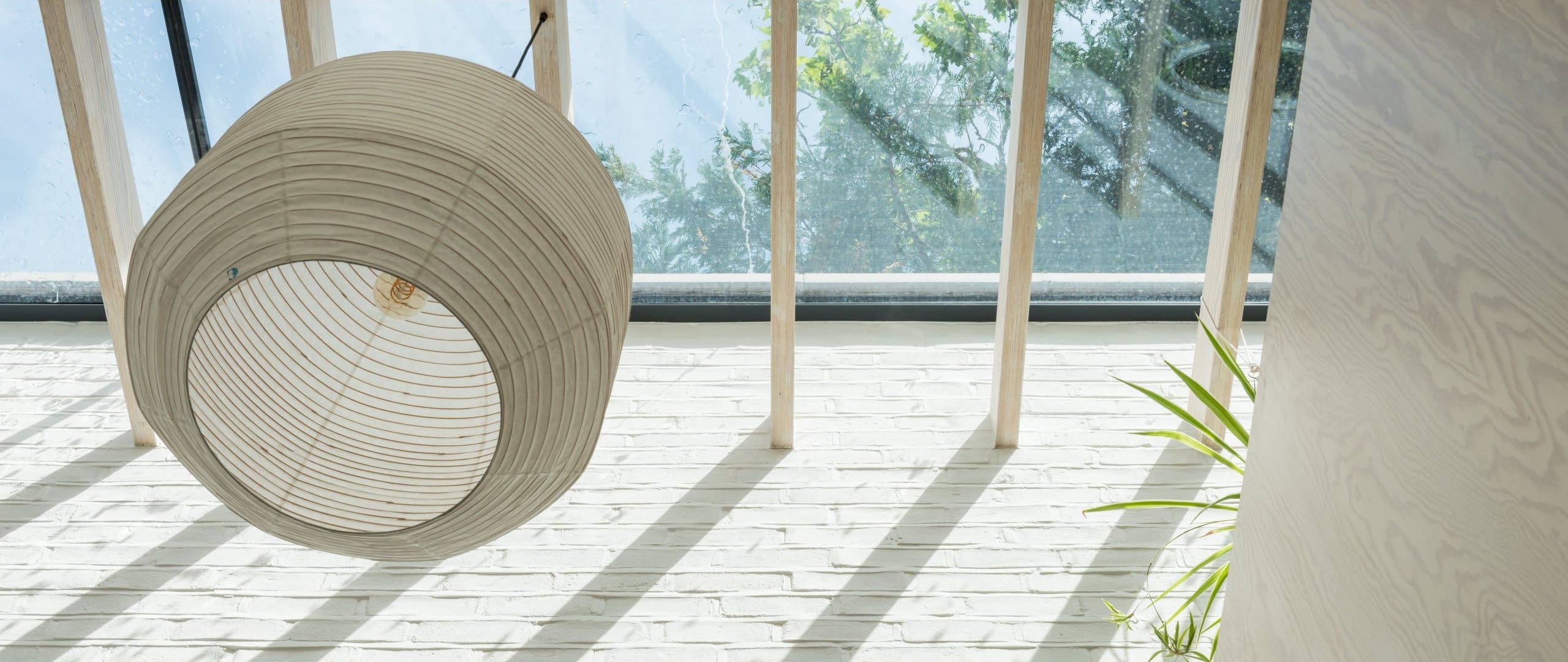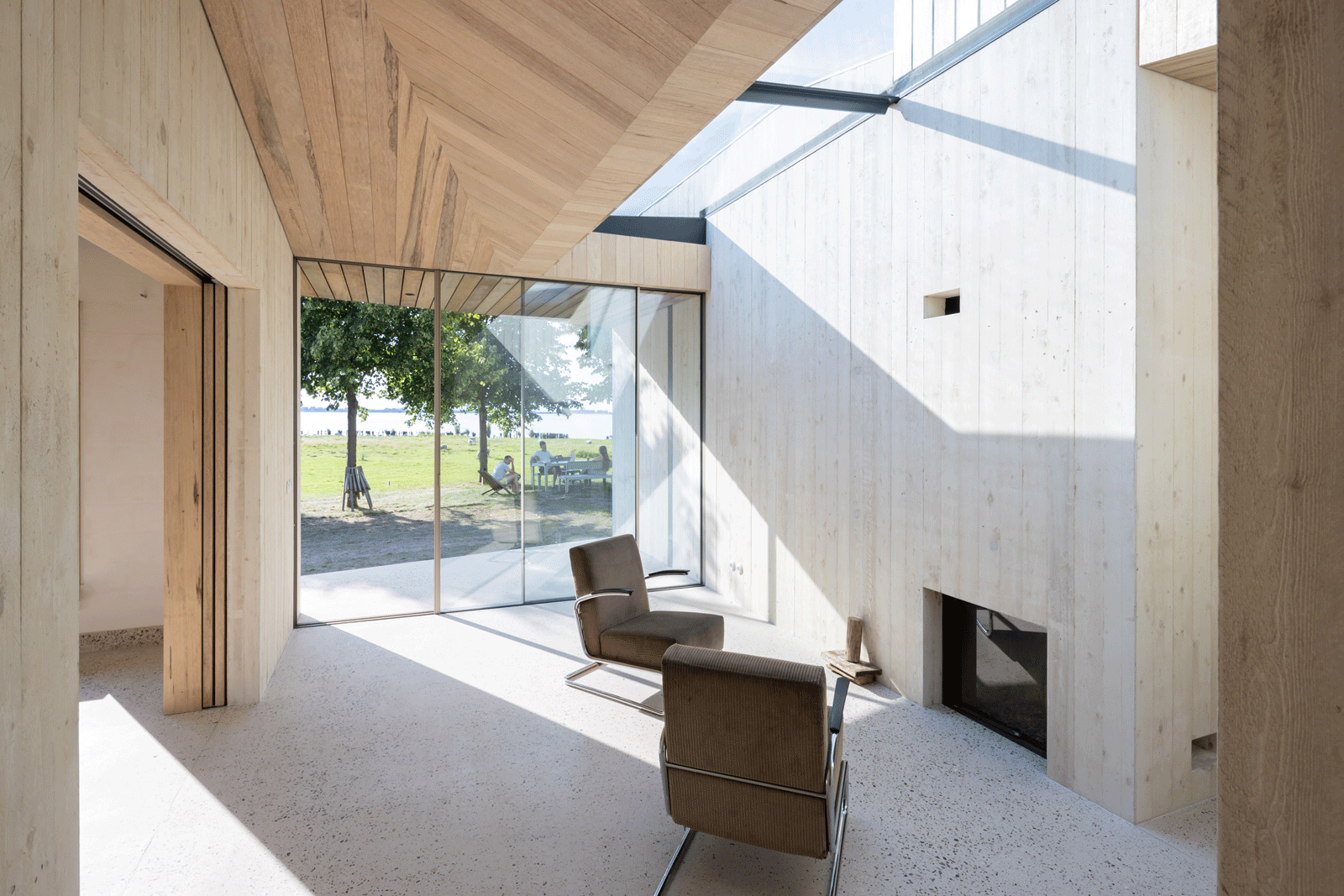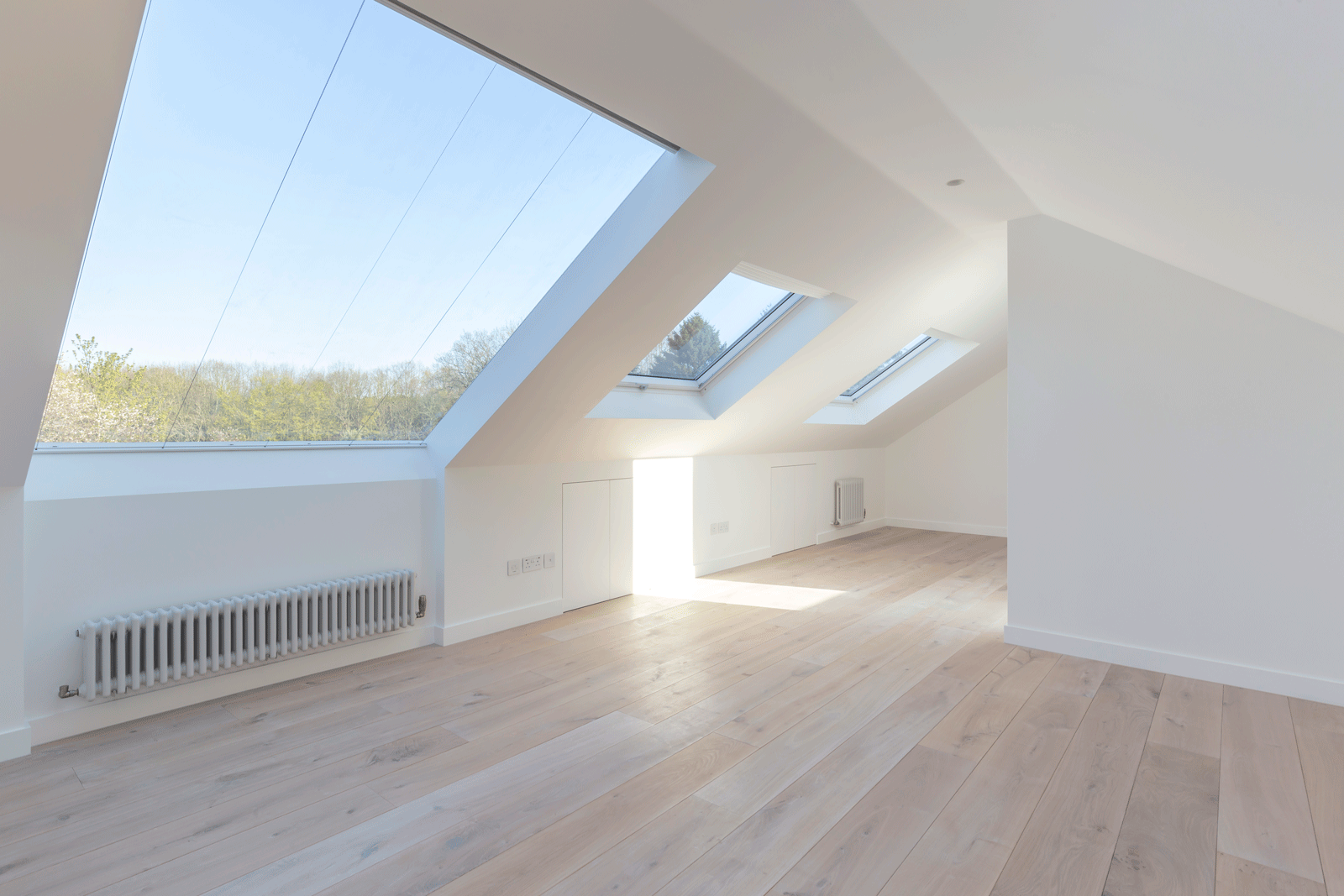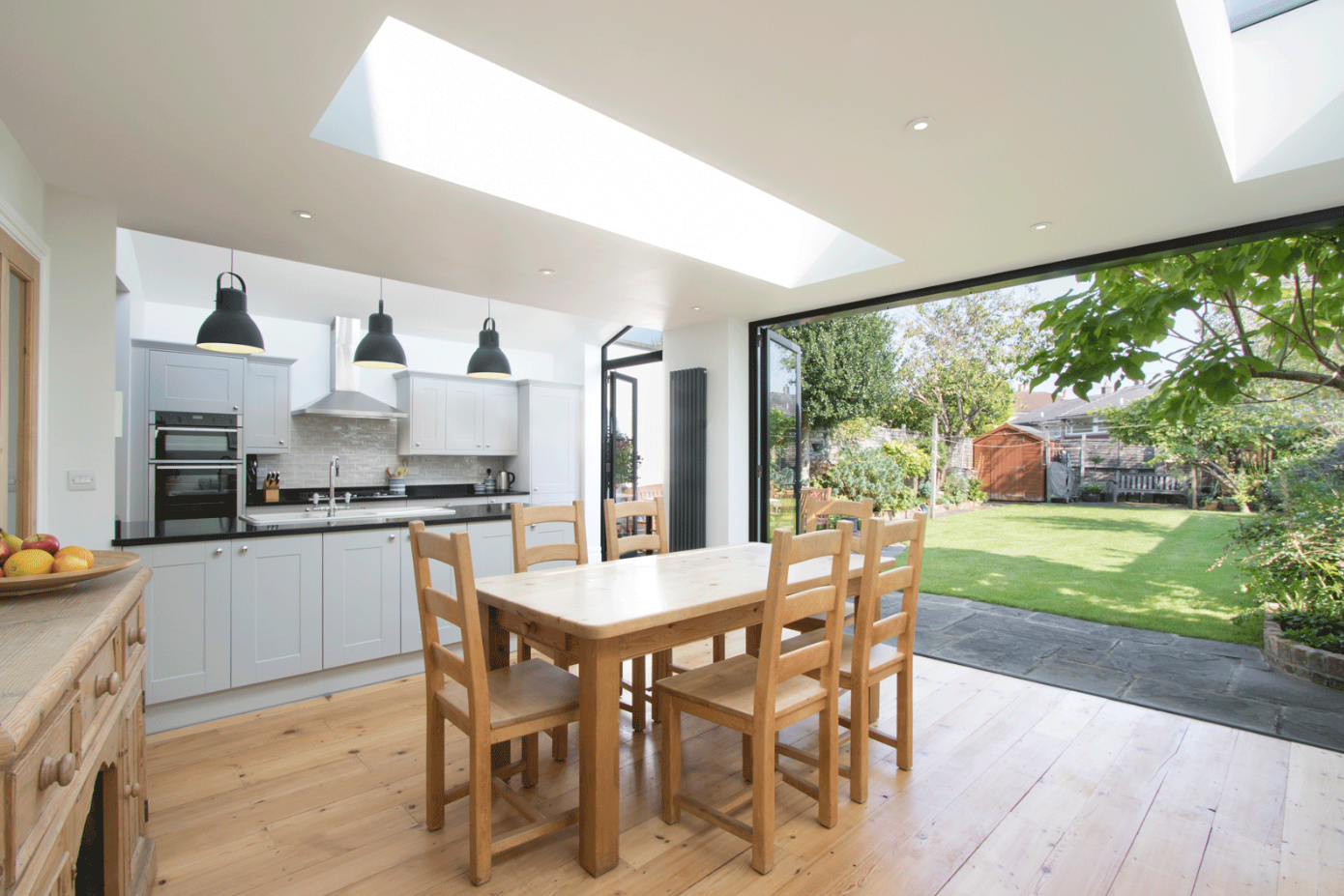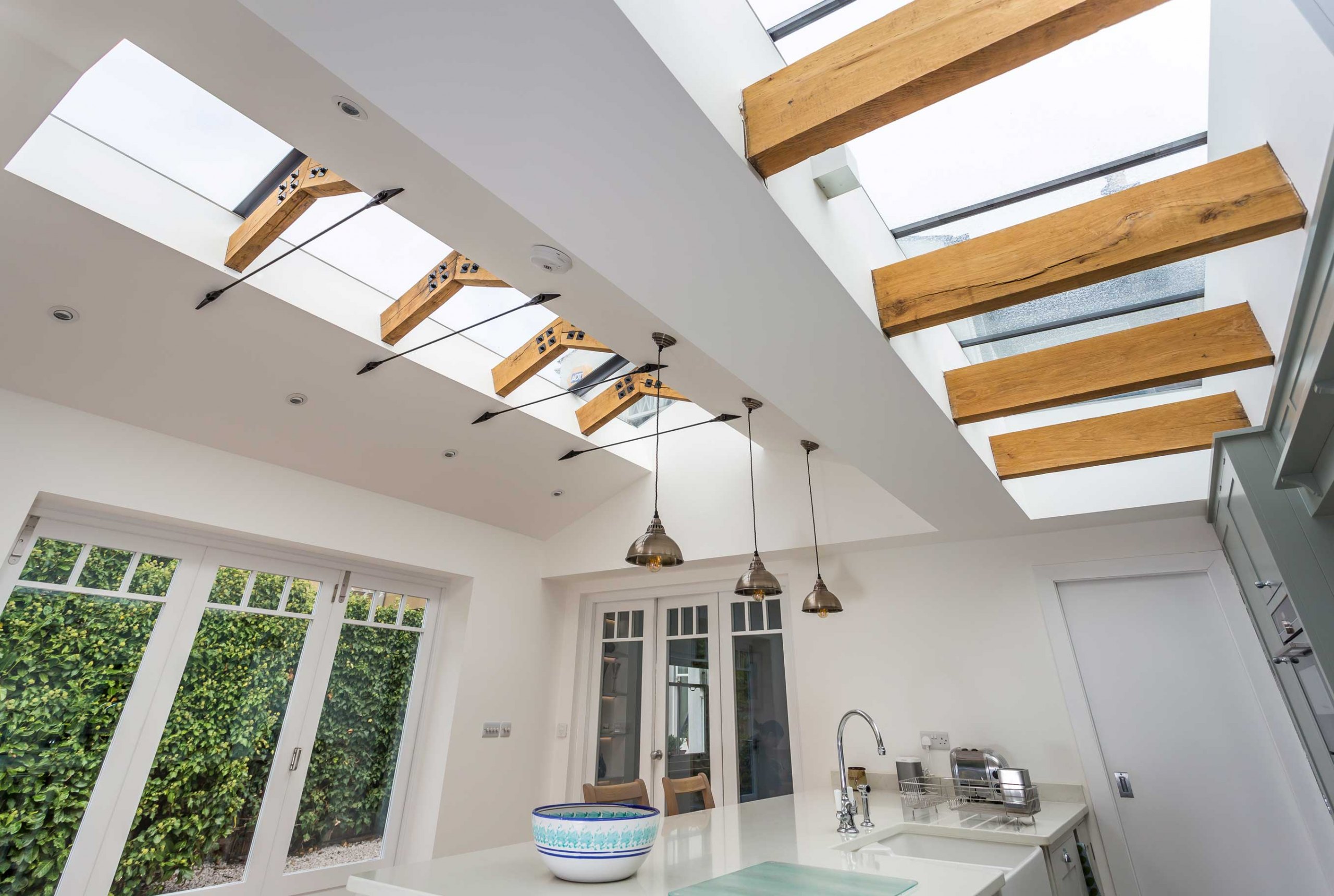VITAMIN D
Daylight is our fundamental source of vitamin D. Vitamin D is the key ingredient in strong bone development – our body needs it to absorb calcium and it helps us to develop in infancy and as we grow. A lack of vitamin D has also been linked to depression, obesity, and possibly even multiple sclerosis, with a gene defect resulting in vitamin D deficiency being linked to the condition.
When it comes to the question of how best to obtain this crucial resource, natural light is the answer. While supplements can give us a boost of vitamin D, and foods (like milk) can top us up, they can actually lead to us ingesting too much – causing completely new issues by raising our blood calcium levels.
Sunlight doesn’t give us vitamin D directly, but it helps our body to produce its own. Natural light allows our body to strengthen itself, and it can’t oversupply us; if our body has enough vitamin D, it just stops making more. This means you literally can’t have too much of a good thing when it comes to this particular benefit of natural light.
